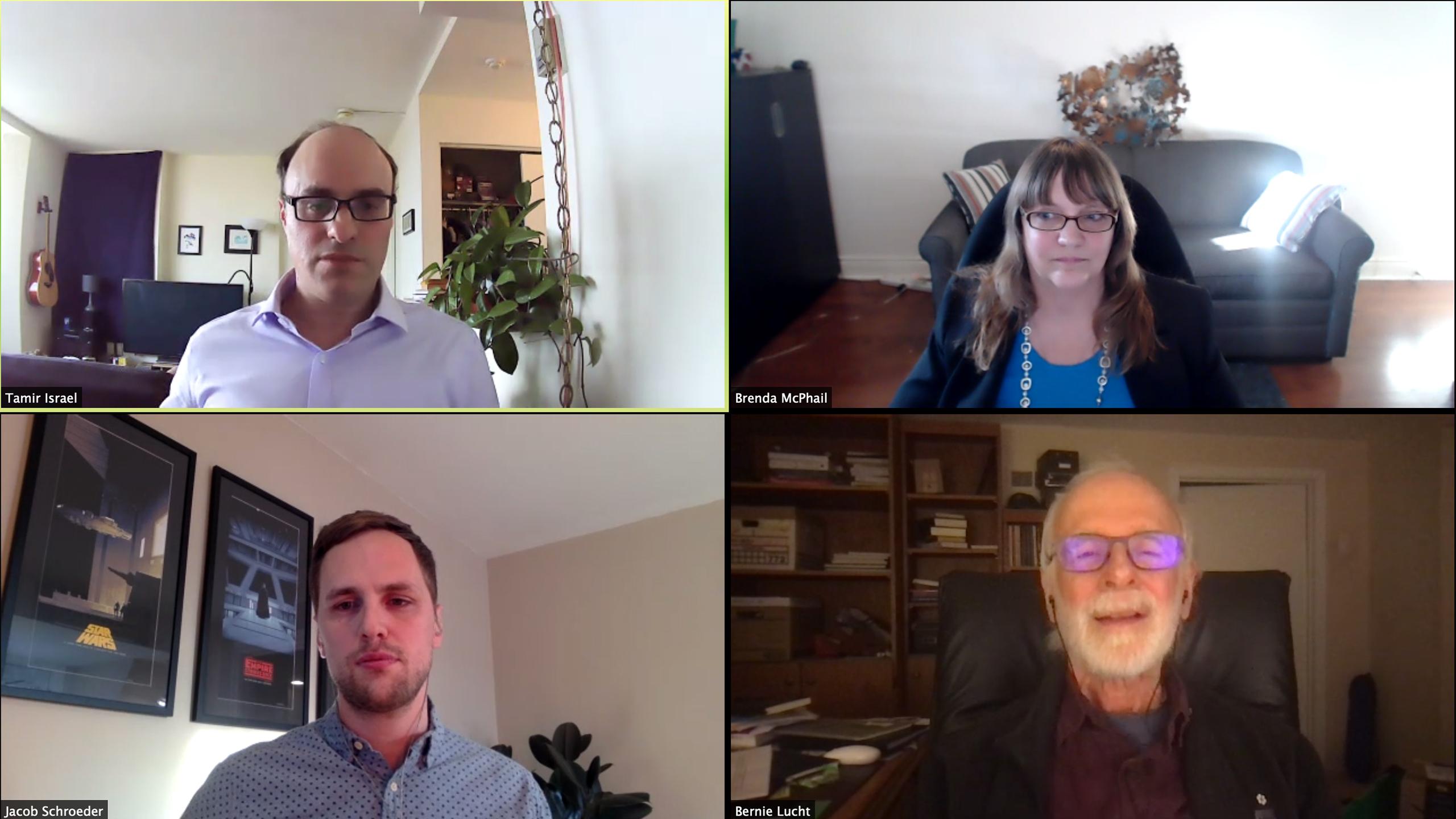By Rochelle Raveendran
U.S. technology firm Clearview AI violated federal and provincial privacy laws by collecting millions of photos of Canadians from social media networks like Facebook and other public websites without their consent, an investigation by four Canadian privacy commissions has found.
The company illegally obtained images for its facial recognition database, which contains over three billion images, according to a Feb. 2 report by the Office of the Privacy Commissioner of Canada and the privacy commissions for Quebec, British Columbia and Alberta.
48 accounts were created through Clearview AI for law enforcement agencies and organizations across Canada, including the RCMP and Toronto Police Services, before the company withdrew from the Canadian market in July in response to the joint investigation. Clients with an account can search an image of an individual’s face through the database to identify likely matches.
“What Clearview does is mass surveillance, and it is illegal,” said federal privacy commissioner Daniel Therrien in a news release. “It is completely unacceptable for millions of people who will never be implicated in any crime to find themselves continually in a police lineup.”
In response to the report, Doug Mitchell, a lawyer for Clearview AI, said in a statement that the company “is a search engine that collects public data just as much (as) larger companies do, including Google, which is allowed to operate in Canada.”
Brenda McPhail, the director of the privacy, technology and surveillance project at the Canadian Civil Liberties Association (CCLA), said the report is “strong and unequivocal” in its findings that Clearview AI broke Canadian law.
“(The) CCLA is calling for a moratorium on the use of facial recognition until we have a wide-ranging public debate about whether facial surveillance technologies can ever be used in ways that are rights-respecting and whether they should be allowed in Canada at all,” McPhail said in an email.
McPhail was one of three panelists at a virtual forum on facial recognition technology hosted by the Centre for Free Expression at Ryerson University on Feb 2.
The case for surveillance ethics
According to McPhail, the “big ifs” that must be debated include whether facial surveillance is ever necessary and if it can be used without furthering systemic racism. Research from 2019 found that facial recognition technology misidentifies racialized people more than white people. Last year, a Detroit man was wrongfully arrested for shoplifting, kept in custody for 30 hours after being arrested and released on a $1,000 personal bond.
Such a debate is necessary before the Canadian government starts to consider regulating the use of facial recognition technology, McPhail said.
“It’s important to remember that the risks we’re talking about are not only to our privacy rights, but for all the rights that privacy facilitates, including rights to equality, and fundamental freedoms like free expression and association.”
Jacob Schroeder, a panelist and legal counsel for the Office of the Privacy Commissioner of Canada, said that facial recognition technology can benefit society through its use in apprehending criminals. However, he said there’s a risk that people could be under constant surveillance in their daily lives by facial recognition cameras.
“At this point, we’re probably used to the idea that we’re being tracked everywhere we go online,” Schroeder said. Potentially, “facial recognition cameras will bring that same type of surveillance into our physical lives.”
“I don’t think that’s something we want to live with,” he said.
His comments were echoed by Tamir Israel, a staff lawyer at Samuelson-Glushko Canadian Internet Policy and Public Interest Clinic, who said facial recognition technology has the potential to offend many things “we hold dear and…take for granted in society.”
Unlike other technologies, he explained, facial recognition has been adopted rapidly in ways that are often not made transparent to the public and the continued use of this technology could transform what we consider as the meaning of “privacy.”
For James L. Turk, the director of Ryerson’s Centre for Free Expression, regulating facial recognition technology’s capabilities inevitably leads to the discussion of regulating social media.
“How could we regulate something when people willingly give over their images in a way that they can be used? How do we stop that?” he said.
Turk said too much surveillance can cause people to be silenced, which raises the questions of how to protect the public’s collective rights and how the technology affects people’s ability to be private or anonymous.
“None of us share every aspect of our life with anybody,” he said. “Otherwise, why do we have doors on our house?”










Leave a Reply